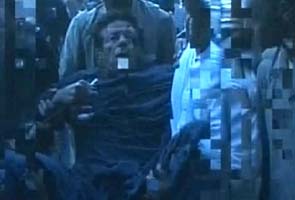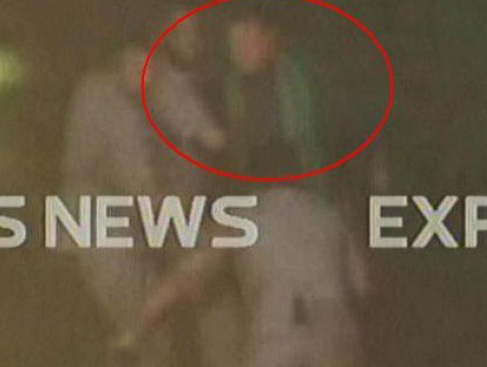Seoul, May 2: North Korean leader Kim Jong Un has made his first public appearance since speculation about his health began last month, cutting the ribbon at the opening of a fertilizer factory, KCNA reported Saturday.
Kim attended the event on Friday in Sunchon, near the capital Pyongyang, after nearly three weeks of swirling rumours that the leader of the nuclear-armed nation was seriously ill or possibly dead.
The North Korean leader had not made a public appearance since presiding over a Workers' Party politburo meeting on April 11, and the following day state media reported that he had inspected fighter jets.
At Friday's event, "all the participants broke into thunderous cheers of 'hurrah!'" when Kim appeared, the Korean Central news agency reported.
He inspected the facility and was "briefed about the production processes," the report said.
Kim "said with deep emotion" that his grandfather Kim Il Sung and father Kim Jong Il "would be greatly pleased if they heard the news that the modern phosphatic fertilizer factory has been built," it added.
Also in attendance were other senior officials, including his sister and close adviser, Kim Yo Jong. Photos from the ceremony were not immediately released.
Conjecture over Kim's health had grown since his conspicuous no-show at April 15 celebrations for the birthday of his grandfather, the North's founder -- the most important day in the country's political calendar.
His absence unleashed a series of unconfirmed reports over his condition, triggering global fears over the North's nuclear arsenal -- and who would succeed Kim were he unable to lead.
A top security advisor to South Korea's President Moon Jae-in said less than a week ago that Kim was "alive and well," downplaying rumors that he was ill or incapacitated.
The advisor, Moon Chung-in, told CNN that Kim had been staying in Wonsan -- a resort town in the east of North Korea -- since April 13, adding: "No suspicious movements have so far been detected."
South Korea Reports Kim Jong Un Is 'Alive and Well' Amid Rumours of His Death
South Korea has told CNN that the rumours of North Korean leader Kim Jong Un's death are untrue.
Rumours of ill health
Daily NK, an online media outlet run mostly by North Korean defectors, reported that Kim was undergoing treatment after a cardiovascular procedure last month.
Citing an unidentified source inside the country, it said Kim -- who is in his mid-30s -- had needed urgent treatment due to heavy smoking, obesity and fatigue.
Soon afterwards, CNN reported that Washington was "monitoring intelligence" that Kim was in "grave danger" after undergoing surgery, quoting an anonymous US official.
US President Donald Trump appeared to confirm that Kim was alive earlier this week.
On Friday, Trump refused to comment on Kim's reported re-emergence.
Previous absences from the public eye on Kim's part have prompted speculation about his health.
The North is extremely secretive, and doubly so about its leadership.
Kim's father and predecessor had been dead for two days before anyone outside the innermost circles of North Korean leadership was any the wiser.
In 2014, Kim Jong Un dropped out of sight for nearly six weeks before reappearing with a cane.
Days later, the South's spy agency said he had undergone surgery to remove a cyst from his ankle.







Comments
Add new comment